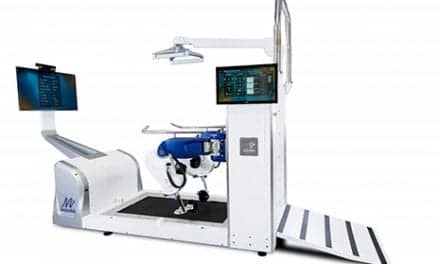By Luis de la Prida, MBA, CM&AA
Around 50% of outpatient therapy practices are so-called “onesies” and “twosies.” Which is to say, they are owned by one physical therapist who operates one or two practices. What this means is that the outpatient therapy marketplace is fragmented, creating incentives for the larger players to grow by acquiring smaller practices.
Smaller practices across the entire healthcare spectrum have found it increasingly difficult to compete against the bigger players. The Affordable Care Act, changes to payor reimbursement, and competition from larger players means they are working diligently to just maintain the same level of profitability.
This causes some owners to get fed up with the business of medicine. Reimbursement rates go down, but the amount of documentation and administrative work goes up. In addition, they compete for staff against larger companies. Thus, when a large buyer (either a big group or a hospital) approaches them, they are increasingly open to having a discussion, especially given the relatively high valuations seen in the healthcare space.
However, most of the time, the owner of a small practice has never bought or sold another practice. Yet, they must negotiate against bigger companies that have entire teams devoted to making acquisitions. Bigger players have more money and staff to navigate the process. Meanwhile, the individual physical therapist is swamped doing all the day-to-day business of running a practice.
And most important, for small business owners, their practice is their “baby.” They’ve nurtured the practice and helped it grow. The practice is a big part of their identity, it is a big source of pride, and could be their main source of income.
That’s why it’s so important for small physical therapy centers to prepare for the sale. Here’s why:
- Preparation allows owners to realize the full value of their practice.
- It ensures that their legacy lives on, by transitioning their patients to a caring and competent group.
- To the extent they are willing to stay on post-sale, they can secure a job with a partner that will allow them to do what they love (eg, practice medicine) and “outsource” what they hate (eg, admin).
Even if the practice is small, they can still be strong and mighty. Here’s how:
Get the Basics Down
Set goals. Assess your current situation. Document your finances. Understand your operations. Completing these rudimentary steps are key to leveling the playing field against larger buyers, which usually have a wealth of mergers and acquisitions experience.
Recognize Current Buyers of Physical Therapy Practices
During the past few years, private equity groups and hospital systems have been snapping up smaller physical therapy practices. Each offer potential rewards and challenges, so do your research and select wisely. The right partner can aid your future growth plans.
Discover the Key Steps in the M+A Process
You need to know how much your practice is worth. And, if possible, you should try to enhance practice value before going to market. M&A is a multi-step process involving a series of small but important negotiations. Buyers understand this process. You should, too.
Recognize the Typical Terms in a Transaction
Sellers are usually supremely focused on price. But terms matter just as much. How do you structure the deal? Asset or stock sale? Do you want cash? Of course, but can you live with an earnout? The way the deal closes matters, too. You’ll have to decide if you want a simultaneous sign/close or if you want to exchange funds for later. A good healthcare M&A advisor and your attorney will help guide you.
Negotiate Like a Pro
All practice sales need to be negotiated to some extent. Know the price at which you’ll sell. Know that price at which you would walk away. And remember: it’s not all about the bottom line — the terms of the agreement matter, too. Yield strategically. This often means that you need to be prepared and know the ins-and-outs of your buyers.
Luis de la Prida, MBA, CM&AA, is a partner at New York Business Brokerage Inc, an M+A advisory firm that specializes in small to mid-market companies. For more information, contact [email protected].





